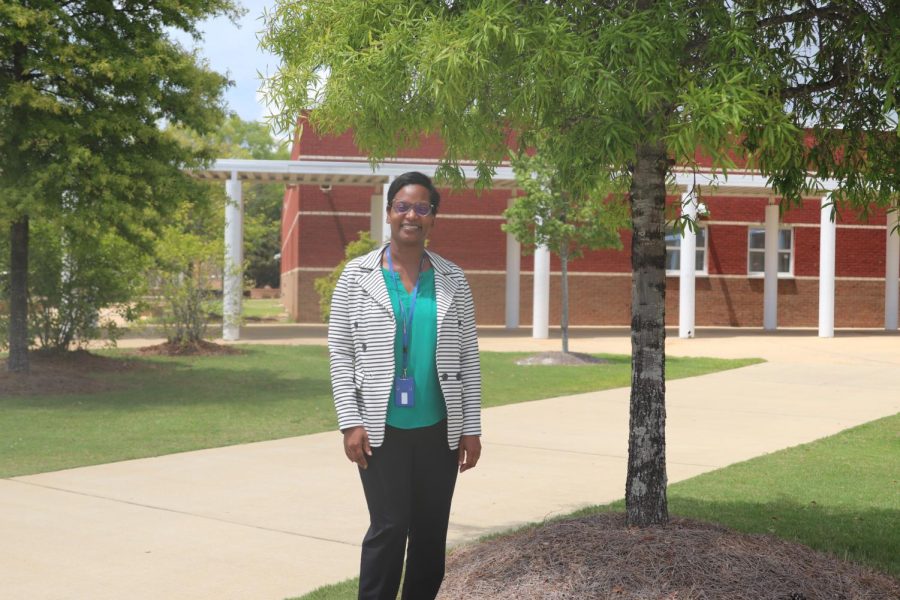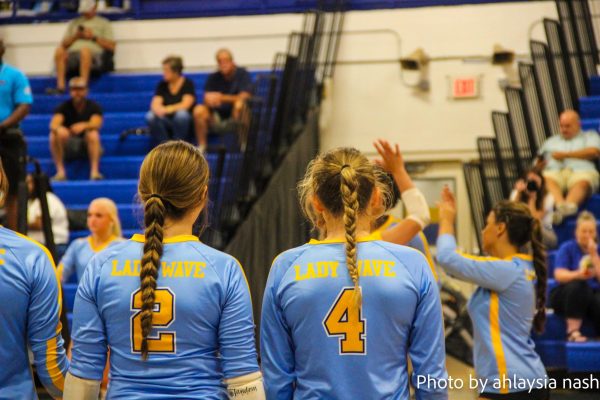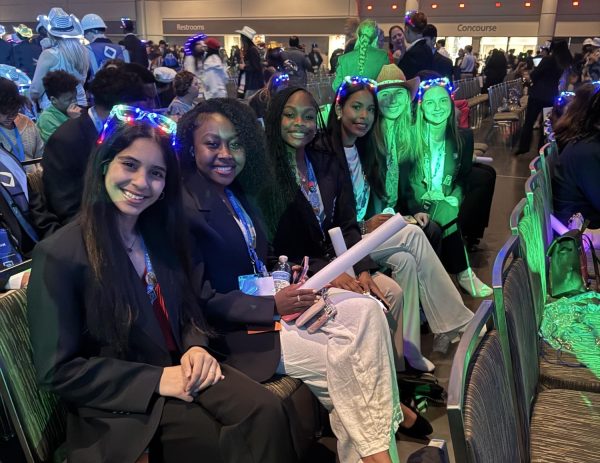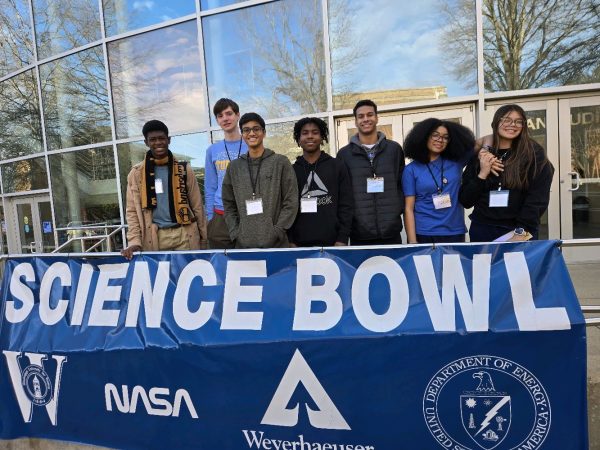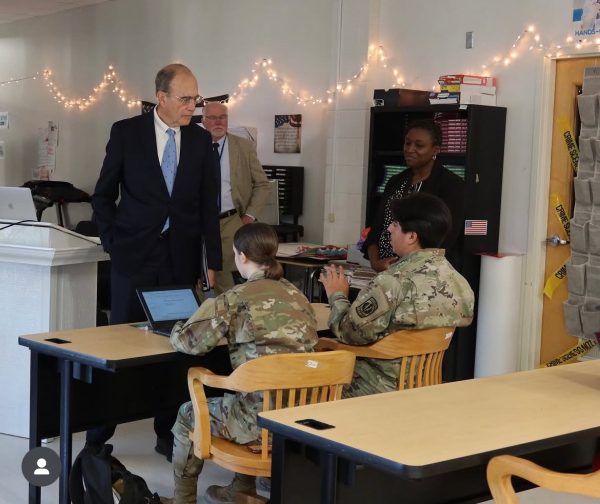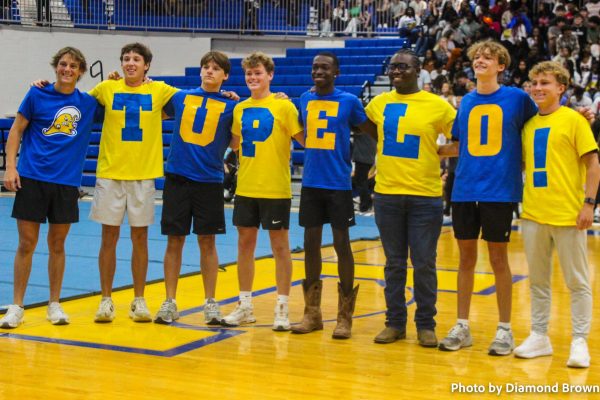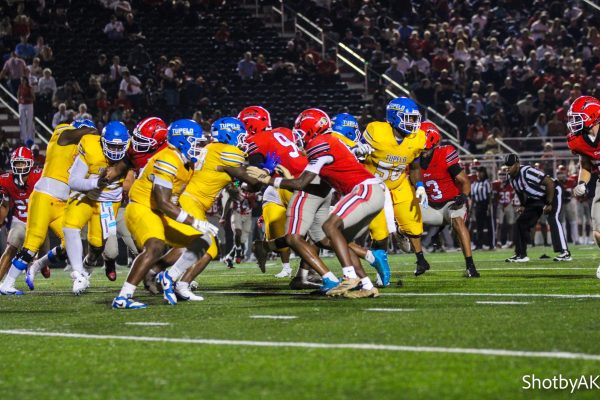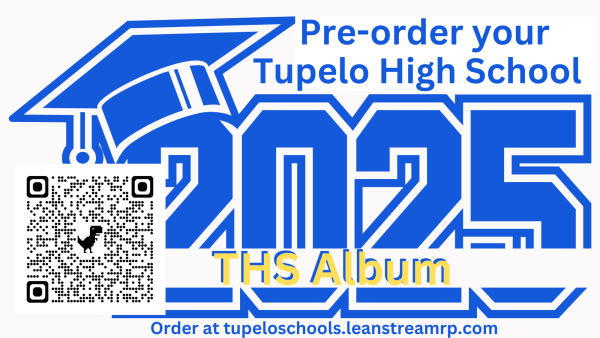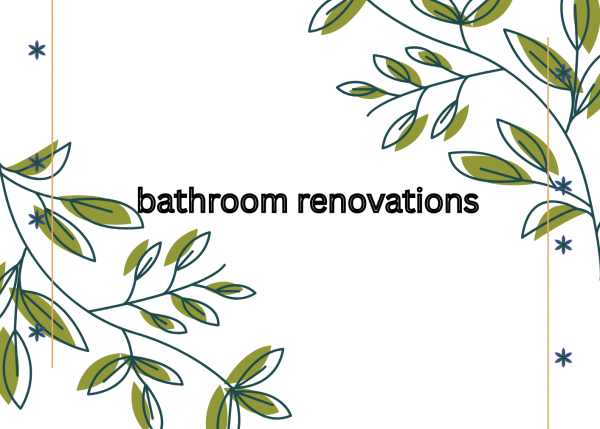Get to know Dr. Garth
TH: What schools did you go to? And what did you major in?
PG: Well, I started out at Mississippi State, and I received my Bachelor’s in Secondary Education English and received a master’s from Mississippi State in Curriculum and Instruction Secondary English Education. And then switched to Ole Miss. Worked on a Specialist Degree in Curriculum and Instruction Teacher Education, and then got a Ph.D., in Teacher Education, and Leadership. Wow. Yeah. So I love it. Can you tell?
TH: How long have you been in education, and what role?
PG: This is my 21st year. Of course, I started out as a teacher. I started out in West Point. I was a high school 10th and 11th grade English teacher. And then I went to Nettleton. There I was in middle school, seventh, and eighth. And I continued in Nettleton moving up to 10th and 11th grade. So I taught every grade there seven through twelve. I moved into administration. I became an assistant principal at the middle school. In addition part-time, I worked as a teacher consultant for Mississippi State Writing for Thinking. So again, I just love digging into education and trying to figure out what works for all students.
TH: What are you looking for this year?
PG: For this year, I am looking to become part of the team. Being a team player, I’m looking to advance special education and all special populations here. I want to see our students do well. That’s the heart of what I do. Because a lot of times we get so bogged down with teaching the curriculum that we forget, we do have those students who struggle but if they’re given the right avenues, they’re given the right tools, they can be successful. So I’m the cheerleader for that person. Yeah, that’s why I think that’s the piece of the puzzle that I bring.
TH: What qualities do you look for in students?
PG: I look for students who are respectful, I’m drawn to students who are shy, because usually underneath the shyness, you find the person and there’s a reason that the person is shy. I’m drawn to people that others probably would call the underdogs. I’m drawn to those students because I just want students to feel like they belong to something.
TH: What is your philosophy for discipline?
PG: We all have to be held accountable. It doesn’t matter if you have a disability or not. You need to be held accountable because you can only change what you’re willing to face. If students never face the real issue: why am I angry? Or why do I keep missing? Or why am I doing____? then they’ll never change. And so I always say, let’s face it, let’s talk about it. and let’s put things in place to stop it.
TH: How has school changed since you’ve been in school?
PG: Oh, my. I think since I’ve been in school, I now see that students, people are paying more attention to different groups of students than when I was in school. It just looked like everybody getting in and you get what you can get. Well, now I noticed that educators are paying attention to the students who are doing well–what can we do to continue to push those students, as well as the students who are struggling–what can we put in place for those students? So I like that we’re breaking students apart and not saying one size fits all.
TH: If you could have a superpower, what would it be? And why?
PG: If I had a superpower, I would walk around with a magic wand. And when I see students struggling or when I see students not grasping whatever it is I would waive that wand. And they would all be on track, you know on track to graduate, on track to meet their goals. And I think essentially that’s what we educators do. We don’t have a magic wand, but we keep going back to the table every day asking what can we do so that this student can be successful. Because the goal of education is for students to find success. And success for one student doesn’t look like success for another student. That’s what makes it unique.
TH: And lastly, what is one thing people don’t know about you?
PG: Oh, goodness, a fun fact. I guess I don’t know if it’s the fun fact or scary failures. Yeah, something cool you do outside of school. I really don’t think it’s cool. I have a cousin who’s in the funeral home business. And so during the summer, when I turned 16, I had to work there. So, occasionally, I’m still called to help out, and I think for me, though, it taught me how to have compassion when people are going through difficult times. But as a 16-year-old, you know, you’re sitting there you think, please don’t make any smiles don’t make any sudden movements, because oh, my goodness. But I’m glad I pushed through that and took on the challenge. So that’s, that’s one thing. Deep learning and dabbling in funeral home business on the side.
And I also work with preschool students during the week. So that’s something else about me. I go from one extreme to the next. I work with three and four-year-olds, and they are a challenge. But I love the way they see the world. Because for them, at that age, the sky’s the limit. They don’t really see disabilities. Highs and lows are just for them. Whatever they set out to be that’s what they’re going to be. I remember when my daughter was four, she said they were asking them, well what do you want to be? And she said, “Oh, I’m going to be a magical mermaid.” And you know, in a school setting, you would think, no, I need you to think realistically. As her mom, that’s what she wanted to be. And so at her daycare, hey, the sky’s the limit. If you want to be a magical mermaid, go for it. And so I love that part because I get to see them just being who they are, and not worrying about, can I meet this goal or not? They’re just having fun and learning as they go.
Your donation will support the student journalists of Tupelo High School. Your contribution will allow us to purchase equipment and cover our annual website hosting costs.



